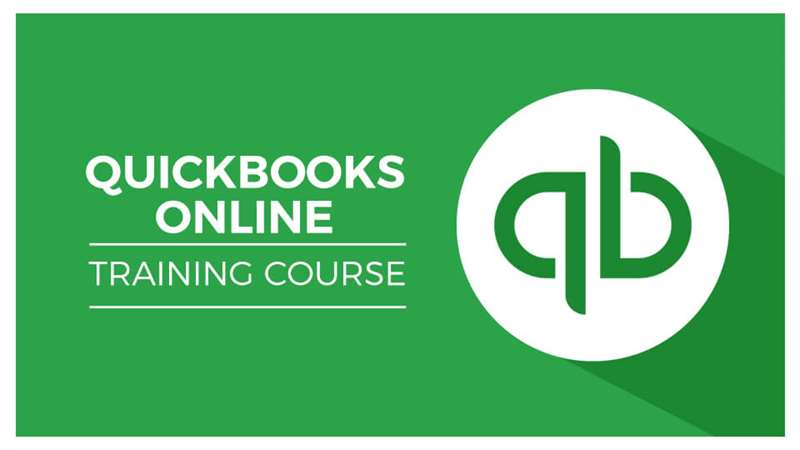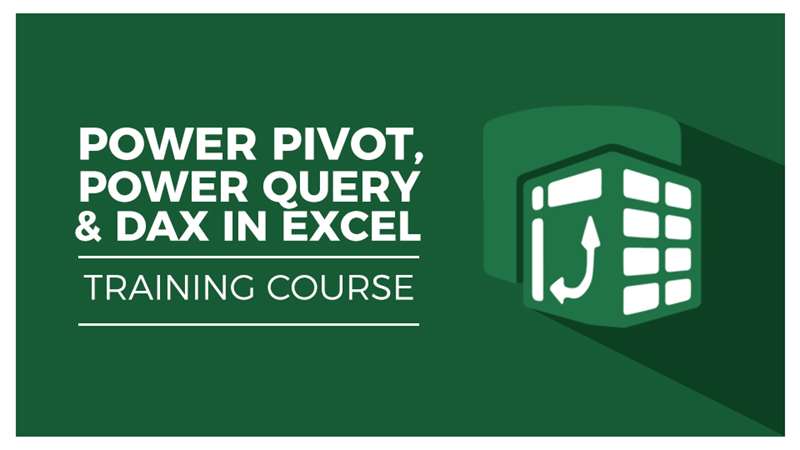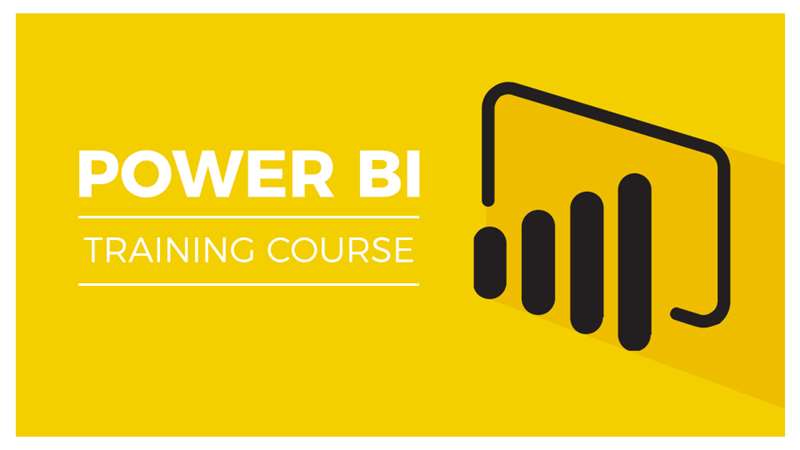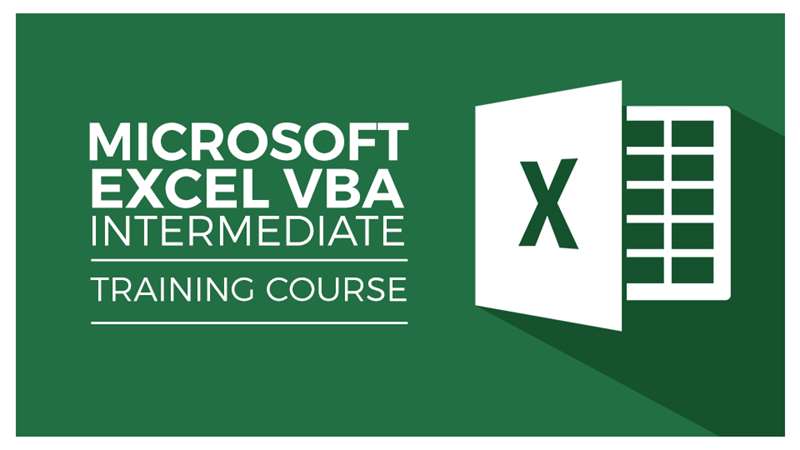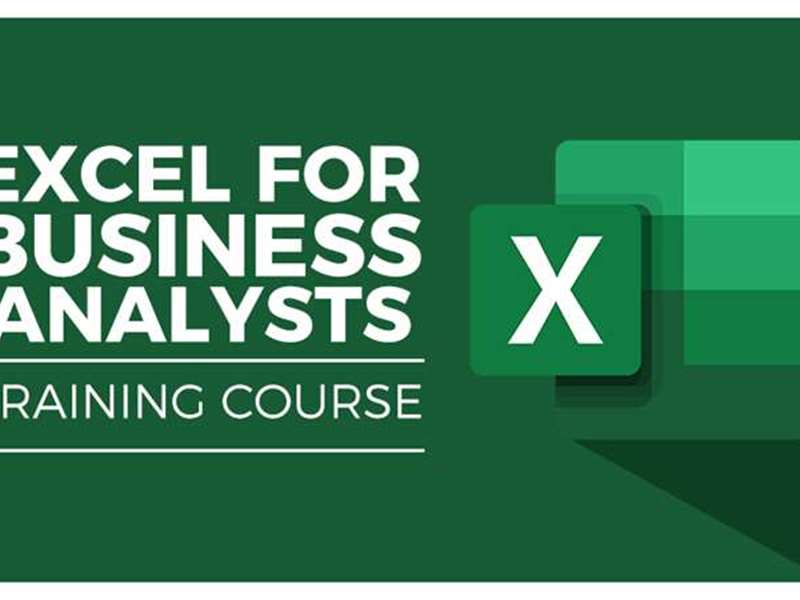Course Overview
Microsoft Excel remains one of the best tools for Data Analysis. In this course, we focus on the specific functions, formulas, and tools that Excel has to help conduct business or data analysis.
We start by looking at how to take raw data and clean it so it's in a usable format. After that, we look at a number of tools and functions that can be used to conduct analysis before moving onto how to display data in the most meaningful way. Finally, we move onto some more advanced techniques designed to aid forecasting and using existing data to predict future trends.
This course also includes practice exercises so you can immediately put into practice the new data analysis techniques that you learn.
Learning Objectives:
In this course you will learn:
- How to merge data from different sources using VLOOKUP, HLOOKUP, INDEX MATCH, and XLOOKUP
- How to use IF, IFS, IFERROR, SUMIF, and COUNTIF to apply logic to your analysis
- How to split data using text functions SEARCH, LEFT, RIGHT, MID
- How to standardize and clean data ready for analysis
- About using the PivotTable function to perform data analysis
- How to use slicers to draw out information
- How to display your analysis using Pivot Charts
- All about forecasting and using the Forecast Sheets
- Conducting a Linear Forecast and Forecast Smoothing
- How to use Conditional Formatting to highlight areas of your data
- All about Histograms and Regression
- How to use Goal Seek, Scenario Manager, and Solver to fill data gaps

